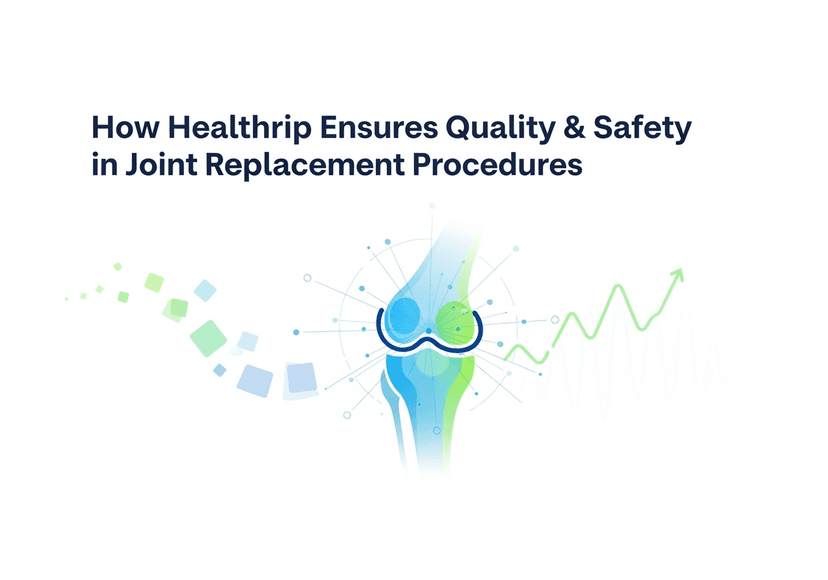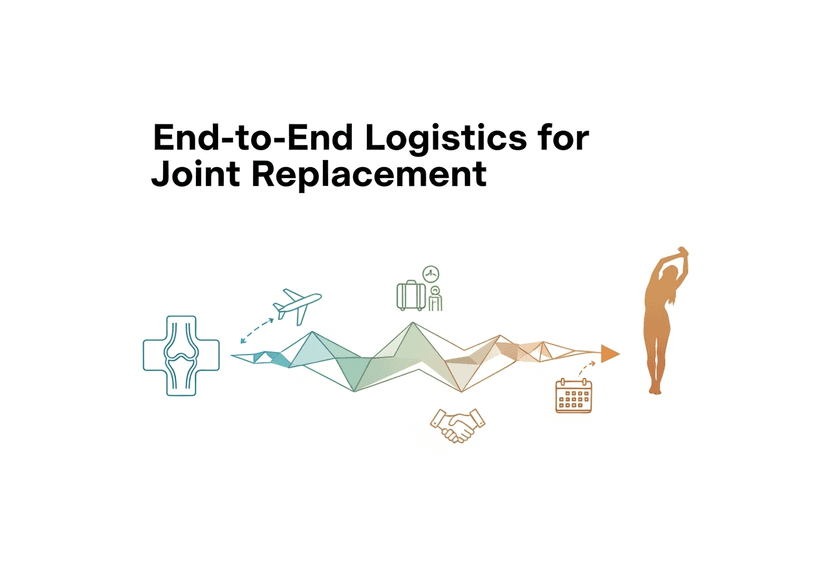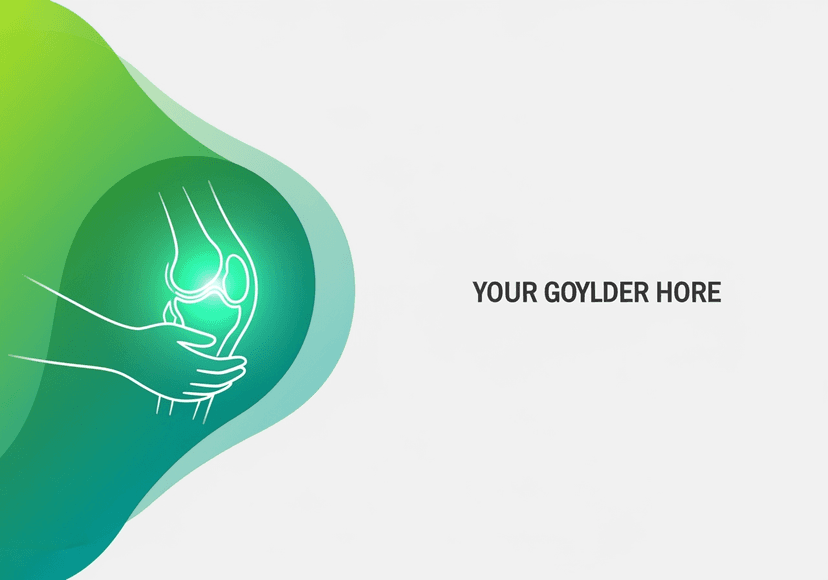
The Emotional Rollercoaster of IVF Treatment: Coping Strategies
09 May, 2023
In vitro fertilization (IVF) is a commonly used assisted reproductive technology (ART) to help couples conceive. However, the process of IVF can be emotionally draining, with highs and lows throughout the journey. Coping strategies can help individuals navigate through the emotional rollercoaster of IVF treatment. In this article, we will discuss the various emotional challenges associated with IVF and effective coping strategies to help individuals cope.
Introduction
Most popular procedures in India
In vitro fertilization (IVF) is a fertility treatment that has helped millions of couples around the world conceive. IVF involves extracting eggs from a woman's ovaries and fertilizing them with sperm in a laboratory. The resulting embryos are then transferred to the woman's uterus, with the hope of a successful pregnancy. However, IVF treatment can be an emotional rollercoaster for couples, as it involves a lot of uncertainty, financial costs, and physical and emotional stress.
During IVF treatment, couples may experience a range of emotions, from hope and excitement to anxiety and depression. It is essential to acknowledge and address these emotions and develop coping strategies to help manage them. Coping strategies can include seeking emotional support from family, friends, and professionals, maintaining a healthy lifestyle, keeping a positive attitude, and practicing relaxation techniques.
Wellness Treatments
Give yourself the time to relax
Lowest Prices Guaranteed!

Lowest Prices Guaranteed!
II. Understanding the Emotional Rollercoaster of IVF
IVF treatment can be an emotional rollercoaster for couples due to the uncertainty that comes with the treatment. It involves multiple steps, and success is not guaranteed. Additionally, couples may experience various emotions during the process.
Anxiety is a common emotion during IVF treatment. It is a feeling of worry, nervousness, or unease about something with an uncertain outcome. Couples may feel anxious about the success of the treatment, the cost, or the side effects of medication.
Depression is another common emotion during IVF treatment. It is a mood disorder characterized by a persistent feeling of sadness and loss of interest in activities that one previously enjoyed. Couples may feel depressed if the treatment is not going as planned, or if they have experienced multiple failed attempts.
Guilt is another emotion that couples may experience during IVF treatment. Couples may feel guilty if they blame themselves for their infertility or if they feel like they are not doing enough during the treatment.
Anger is another emotion that couples may experience during IVF treatment. Couples may feel angry if they feel like they have been dealt an unfair hand or if they feel like the treatment is not working as it should.
Hopelessness is a common emotion that couples may experience during IVF treatment. It is a feeling of despair or a lack of hope. Couples may feel hopeless if they have experienced multiple failed attempts or if they feel like they are running out of options.
Hormonal changes can also affect emotions during IVF treatment. IVF medication can affect hormone levels, leading to mood swings, irritability, and anxiety. It is important to understand that these emotions are a normal part of the treatment process and to seek help if they become overwhelming.
III. Coping Strategies during IVF Treatment
Coping strategies can help couples manage their emotions during IVF treatment. Coping strategies can include seeking emotional support, maintaining a healthy lifestyle, keeping a positive attitude, and practicing relaxation techniques.
Seeking emotional support is crucial during IVF treatment. Couples can seek support from family and friends who can offer a listening ear, a shoulder to cry on, or a distraction from the treatment. Support groups are also an excellent resource for couples undergoing IVF treatment. Support groups can offer a safe space to share experiences, receive advice, and connect with others going through similar situations. Counseling can also be a useful tool for couples undergoing IVF treatment. Counseling can help couples address any underlying emotional issues that may be affecting their treatment, and develop coping strategies to manage their emotions.
Maintaining a healthy lifestyle is another coping strategy that can help couples during IVF treatment. Eating a balanced diet and exercising regularly can help reduce stress and anxiety. Mindfulness practices, such as yoga and meditation, can also be helpful in reducing stress and promoting relaxation.
Keeping a positive attitude is essential during IVF treatment. Couples should try to stay optimistic and focus on the positive aspects of the treatment. Visualization is one technique that couples can use to keep a positive attitude during IVF treatment. Couples can visualize a successful pregnancy and birth, and focus on the joy that it would bring. Gratitude is another technique that can help couples maintain a positive attitude. Couples can focus on the things in their lives that they are grateful for, such as supportive family and friends, and the opportunity to undergo IVF treatment.
Relaxation techniques are another coping strategy that can help couples manage their emotions during IVF treatment. Breathing exercises can help reduce anxiety and promote relaxation. Couples can practice deep breathing exercises when they feel anxious or stressed. Yoga is another relaxation technique that can help reduce stress and promote relaxation. Yoga combines physical postures, breathing exercises, and meditation to promote relaxation and reduce stress. Meditation is another relaxation technique that can help reduce stress and promote relaxation. Couples can practice meditation to calm their minds, reduce anxiety, and promote relaxation.
IV. Specific Coping Strategies for Different Stages of IVF Treatment
Different stages of IVF treatment may require different coping strategies. During IVF stimulation, couples may experience side effects from the medication. Coping strategies during IVF stimulation can include managing medication side effects, such as nausea or headaches, by taking over-the-counter medication or talking to their doctor. Couples can also keep busy during this stage by engaging in activities that they enjoy, such as reading, watching movies, or spending time with friends.
During egg retrieval, couples may experience anxiety and stress. Coping strategies during egg retrieval can include preparing for the procedure by getting enough rest, drinking plenty of fluids, and wearing comfortable clothing. Couples can also practice self-care after the procedure by resting, drinking fluids, and taking pain medication if needed.
During embryo transfer, couples may experience anxiety and stress, particularly during the two-week wait before finding out if the treatment was successful. Coping strategies during embryo transfer can include preparing for the procedure by getting enough rest, wearing comfortable clothing, and bringing a supportive friend or family member to the appointment. Couples can also cope with the two-week wait by distracting themselves with activities they enjoy, seeking emotional support, and practicing relaxation techniques.
V. Conclusion
IVF treatment can be an emotional rollercoaster for couples, but coping strategies can help manage these emotions. Coping strategies can include seeking emotional support, maintaining a healthy lifestyle, keeping a positive attitude, and practicing relaxation techniques. It is essential to address any emotional issues that may arise during IVF treatment and seek help if needed. Couples should stay optimistic and focus on the positive aspects of the treatment. With the help of coping strategies, couples can successfully navigate the emotional rollercoaster of IVF treatment and achieve their dreams of starting a family.
VI. Additional Tips and Resources
In addition to the coping strategies mentioned above, there are other tips and resources that can be helpful for couples undergoing IVF treatment.
- Stay informed: Knowledge is power, and staying informed about the IVF process can help couples feel more in control and less anxious. Couples should ask their doctor questions and do their own research to understand the procedure and what to expect.
- Join a support group: Connecting with other couples who are going through IVF treatment can provide emotional support and a sense of community. Support groups can also offer practical advice and tips for coping with the emotional rollercoaster of IVF treatment.
- Consider therapy: IVF treatment can be stressful and emotionally challenging, and couples may benefit from seeing a therapist who specializes in infertility and reproductive issues. A therapist can provide a safe space for couples to express their feelings, work through any emotional issues that arise, and develop coping strategies.
- Take care of your relationship: IVF treatment can be stressful on a couple's relationship, and it's important to prioritize your relationship and maintain open communication. Couples can consider couples therapy or relationship coaching to help strengthen their relationship during this challenging time.
- Take breaks and prioritize self-care: IVF treatment can be all-consuming, but it's important to take breaks and prioritize self-care. Couples can plan relaxing activities or getaways to help reduce stress and promote relaxation.
There are also many resources available to couples undergoing IVF treatment, such as online support groups, books, and websites that provide information and emotional support. Some recommended resources include:
- Resolve: The National Infertility Association
- Fertility Matters Canada
- The American Society for Reproductive Medicine
- The Infertility Awareness Association of Canada
- The Infertility Survival Handbook by Elizabeth Swire Falker
- The Whole Life Fertility Plan by Kyra Phillips
VII. Final Thoughts
IVF treatment can be a challenging and emotional journey, but couples can navigate it successfully with the help of coping strategies, emotional support, and self-care. It's important for couples to prioritize their emotional well-being and seek help if needed. With the right tools and resources, couples can overcome the emotional rollercoaster of IVF treatment and achieve their dream of starting a family.
Related Blogs

How Healthtrip Ensures Quality & Safety in Joint Replacement Procedures
Detailed guide on joint replacement, featuring doctors, hospitals, risks, recovery,

End-to-End Logistics for Joint Replacement with Healthtrip's Support
Detailed guide on joint replacement, featuring doctors, hospitals, risks, recovery,

Healthtrip's Care Coordinators: Your Support During Joint Replacement
Detailed guide on joint replacement, featuring doctors, hospitals, risks, recovery,

Top 5 Indian Hospitals for Joint Replacement
Detailed guide on joint replacement, featuring doctors, hospitals, risks, recovery,

Post-Joint Replacement Diet and Lifestyle Tips
Detailed guide on joint replacement, featuring doctors, hospitals, risks, recovery,

Common Risks in Joint Replacement and How Healthtrip Manages Them
Detailed guide on joint replacement, featuring doctors, hospitals, risks, recovery,










